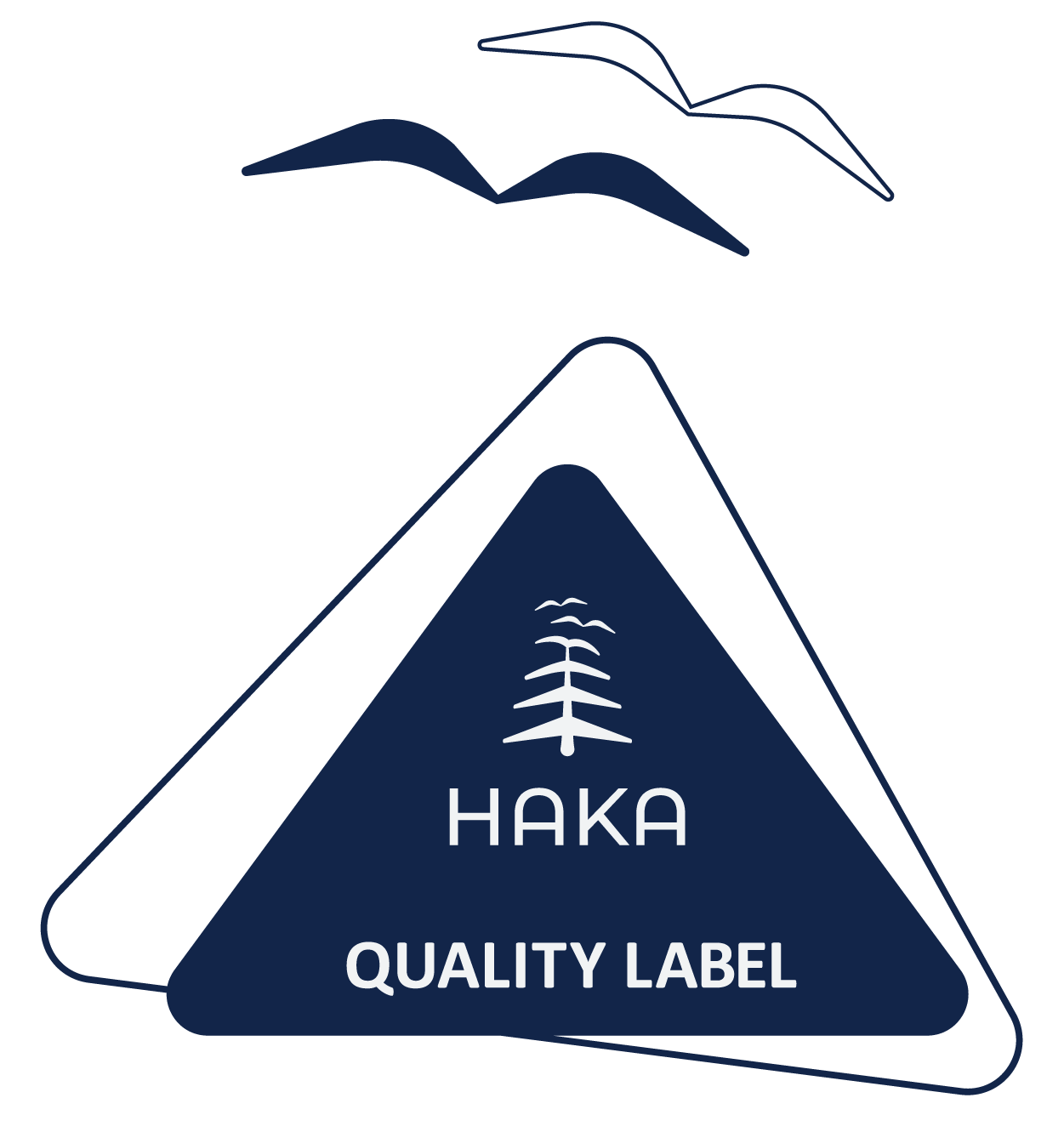The Estonian Academy of Music and Theatre is a legal person in public law which operates under the Estonian Academy of Music and Theatre Act, the Higher Education Act, its Statutes and other legislation. EAMT’s mission, vision, core values, key goals and courses of action are set in the development plan. See also: Statutes and Regulations.
The high quality of the management of EAMT is ensured through the development and improvement of the Quality Management System. In 2000, EAMT became the first institutionally accredited university in Estonia.
In Estonia, only institutions of higher education which have passed the evaluation of the quality of studies are allowed to provide higher education. As of 2012, studies at the level of higher education may only be conducted if the Government of the Republic has provided an education licence for this purpose. External evaluations are organised by the Estonian Quality Agency for Education.
Institutional accreditation

Institutional accreditation is an external evaluation which assesses the conformity of a university’s management, work procedures, study and research activities and study and research environment to legislation and the goals and development plan of the university.
Institutional accreditation at the end of 2023 was carried out by the Brussels-based international quality agency MusiQuE. On 25 April 2024, the Higher Education Evaluation Council of the Estonian Quality Agency for Education decided to accredit the Estonian Academy of Music and Theatre for seven years (until 24.04.2031). Evaluation decisions can be found here.
Thematic evaluation
Thematic evaluation constitutes an element of the new higher education Quality Assessment system to be phased over the coming years. The purpose of the thematic evaluation is to support changes in the improvement areas that have been identified in completed assessments. Thematic evaluations allow to take stock of the situation, share best practices and receive independent feedback and recommendations from experts. EAMT participated in the pilot evaluation “Learning and teaching of foreign students in Estonian HEIs” conducted by HAKA in 2018. More information can be found here.
Quality Assessment of Study Programme Groups
Until 2019, the external evaluation system also included the quality assessment of study programme groups, which assesses the conformity of study programmes and the studies and developmental activities based on those programmes to legislation, state and international standards and developmental directions to provide recommendations to improve the quality of studies.
The bachelor’s and master’s degree programmes in the field of music were evaluated in 2017 by the international quality agency MusiQuE. The assessment report can be found here. The assessment report of the bachelor’s and master’s degree programmes in the field of theatre can be found here. The doctoral study programme in music and dramatic art was evaluated at the end of 2018. See the assessment report here.
The assessment decisions can be found on the here.
Research and Development Evaluation 2024
Evaluation of research and development is an external evaluation which since 2010 is carried out either as a regular evaluation for assessing the level of a field of research, or as a targeted evaluation for developing research policy and for obtaining the information necessary for organising of research and development in a field of science. Evaluations of research and development are organised by the Estonian Research Council.
In 2024, EAMT participated in the regular evaluation of research and development activities (humanities and the arts) and received a positive assessment. The evaluation decision has been approved by the Minister of Education and Research. According to the Organisation of Research and Development Act, a regular evaluation round is carried out once every seven years.
Sources:
Estonian Quality Agency for Education
Estonian Research Council





